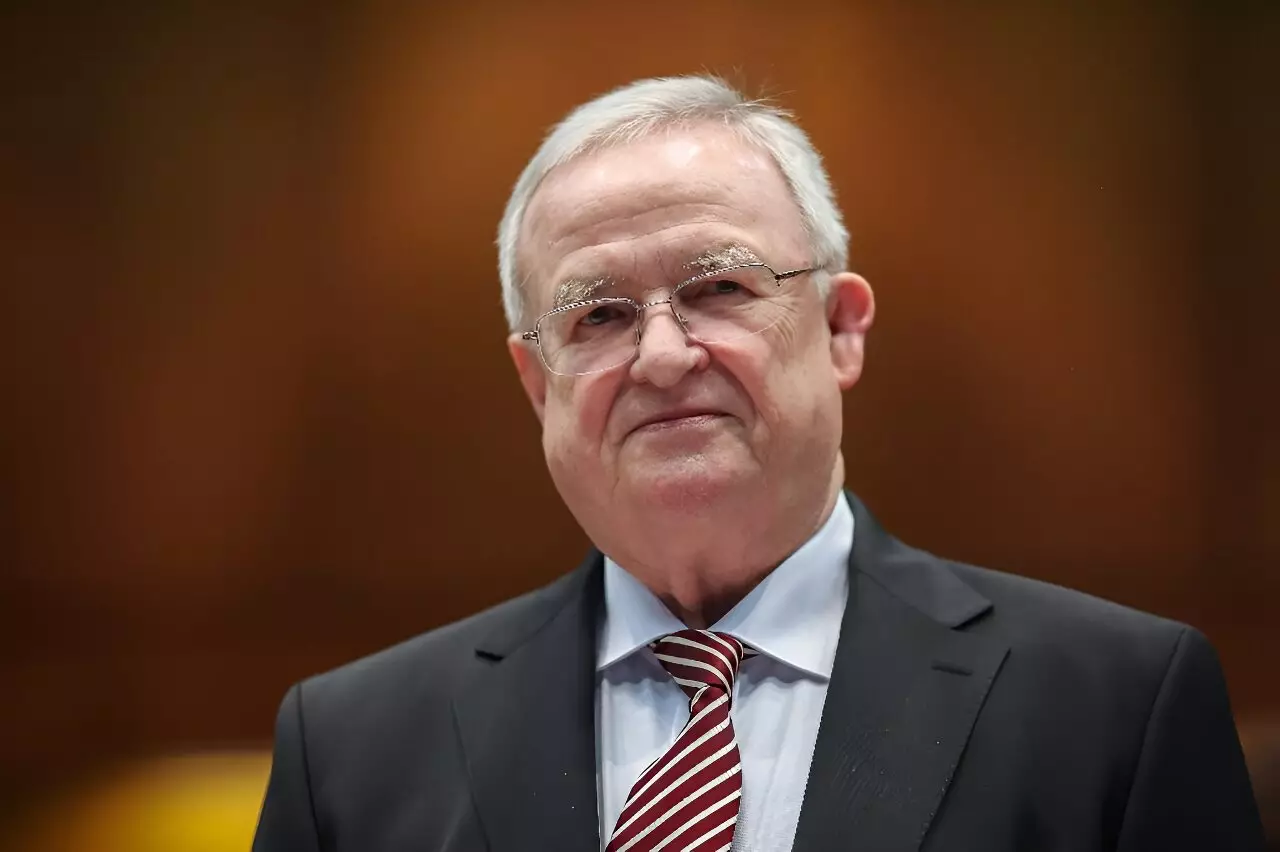Former Volkswagen CEO Martin Winterkorn is facing trial for his involvement in the “dieselgate” scandal that rocked the German auto industry. The scandal, which came to light in 2015, revealed that Volkswagen had used software to cheat emissions tests in millions of vehicles worldwide. This revelation led to one of Germany’s biggest post-war industrial scandals, tarnishing the reputation of the auto giant.
Winterkorn faces charges of fraud related to the use of defeat devices in Volkswagen vehicles. These devices manipulated emissions levels during lab tests to make the cars appear less polluting than they were on the road. If convicted, Winterkorn could face up to 10 years in jail. The alleged fraud affected approximately nine million vehicles sold in Europe and the United States, resulting in significant financial losses for buyers.
Winterkorn has also been accused of conspiracy to commit fraud and giving false testimony to a German parliamentary committee. He is further charged with market manipulation for failing to inform the capital market promptly about the emissions-rigging software. Winterkorn’s trial, involving 89 scheduled hearings, is set to continue until September 2025. However, concerns about his health have been raised, with reports of him undergoing surgery in mid-June.
Previous Settlement and Executives
In 2021, Winterkorn reached a settlement with Volkswagen, agreeing to pay the company 11 million euros in relation to the scandal. The highest-ranking former executive convicted in the scandal so far is ex-Audi CEO Rupert Stadler, who received a suspended sentence and a fine for fraud by negligence. The scandal has cost Volkswagen approximately 30 billion euros in fines, legal fees, and compensation to affected car owners.
The trial of Martin Winterkorn sheds light on the consequences of corporate wrongdoing and the accountability of top executives in major scandals. The outcome of the trial will have far-reaching implications for the automotive industry and the regulation of emissions standards. It serves as a cautionary tale for companies engaging in deceptive practices and highlights the importance of transparency and ethical conduct in business operations.
The trial of Martin Winterkorn marks a significant chapter in the fallout of the Volkswagen “dieselgate” scandal. As the former CEO faces charges of fraud, conspiracy, and market manipulation, the trial serves as a reminder of the importance of integrity and accountability in corporate leadership. Winterkorn’s case underscores the need for stringent regulatory oversight and ethical practices in the automotive sector and beyond.


Leave a Reply